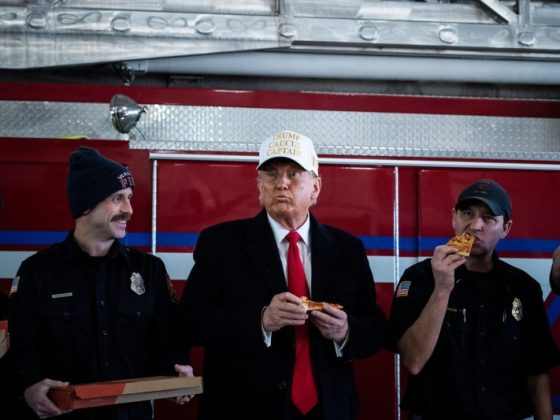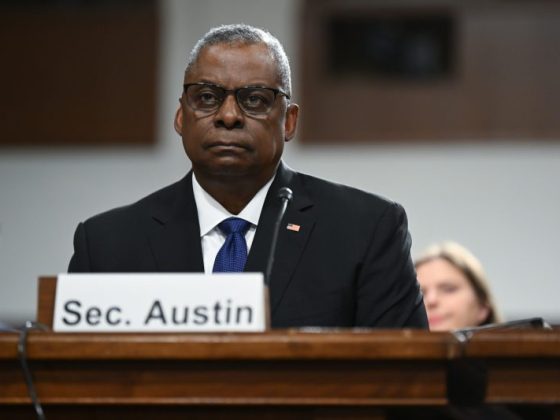Democrat Party in Iowa has been undergoing reconstruction following a series of recent election losses and the downgrade of the caucus ranking. This rebuilding process manifests the party’s resilience and determination to regain stability, strengthen their institutional structure, and improve their image amongst the people of Iowa.
One of the most significant blows to the Iowa Democrats was the 2020 election, wherein the party faced significant losses. Across the state, several Democrat-held counties turned red as voters largely supported the Republican candidates. Crucially, this swing further intensified when incumbent Rep. Abby Finkenauer lost her seat to Republican Ashley Hinson in Iowa’s 1st Congressional District. The clear-cut victory of incumbent Sen. Joni Ernst further deepened the losses for the Democrats.
Furthermore, the party’s momentum was further hampered by the mismanagement and controversy connected with the 2020 Iowa Caucus. Technical glitches and delay in results marred credibility, resulting in criticism from both national and state levels. The situation was exacerbated when the Democratic National Committee recommended stripping Iowa of its first-in-the-nation caucus status.
These episodes made it starkly evident that the Iowa Democrats needed to regroup and rebuild. Since then, the party has been striving to make significant changes.
Firstly, the Iowa Democrats are focusing on reconnecting with the grassroots level. This involves understanding the needs and desires of local communities and incorporating people’s aspirations into their policies. Efforts to train local leaders and to establish a more profound presence in town-hall meetings are being intensified.
Secondly, Iowa Democrats are investing in more robust, extensive, and interactive communication strategies. Instead of a top-down approach, they’re growing their social media presence and organizing virtual town halls to directly reach out to the masses. Instilling transparent, consistent messaging that resonates with Iowans is a pivot towards a more inclusive approach.
Thirdly, party restructuring is also on the agenda. The Iowa Democrats are re-evaluating their strategies and rebuilding their party offices around the state. This means new leadership, new resources, and new initiatives to better represent their constituents and attract potential voters.
Also, the Iowa Democrats are introspecting on policy overhaul and identity clarification. Recognizing where the party stands on key issues like agriculture, climate change, healthcare, and economic development, is crucial to regaining lost grounds. The party is working to convey its stance more effectively and hosting more public interactions to better articulate their policies.
Last but not least, Iowa Democrats are exploring strategies for efficient caucus management. Despite the loss of the first-in-the-nation status, Iowa still holds a pivotal role in the presidential nominating process. Enhancing transparency, adopting better technology, and ensuring efficient results management, are prime areas of improvement.
It’s clear that the challenge ahead for the Iowa Democrats is daunting but not insurmountable. With a robust game plan of reconnecting with the grassroots, reinventing communication strategies, party restructuring, policy reframing, and efficient caucus management, the party is optimistic about their future course. Revival from these setbacks will require a steady, planned approach to regain the confidence and support of the Iowans.











